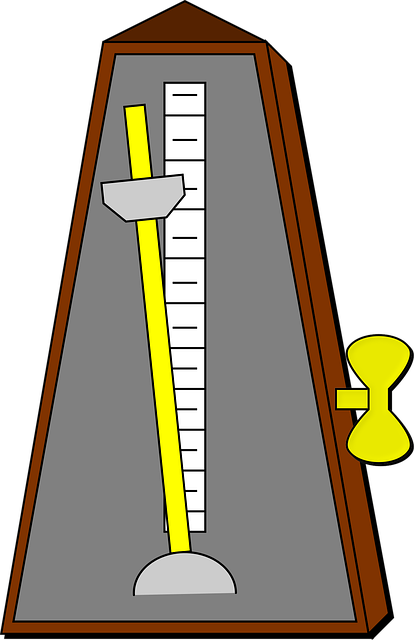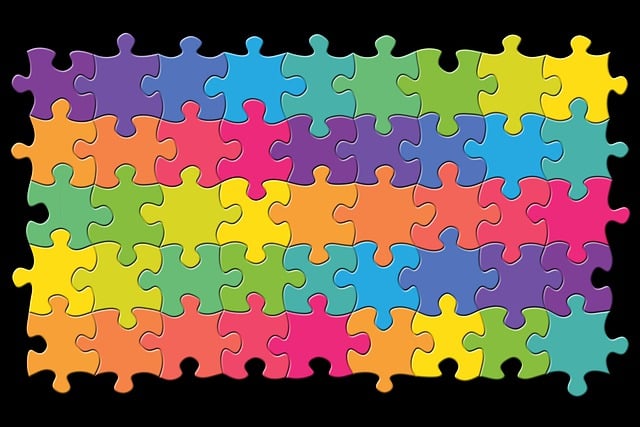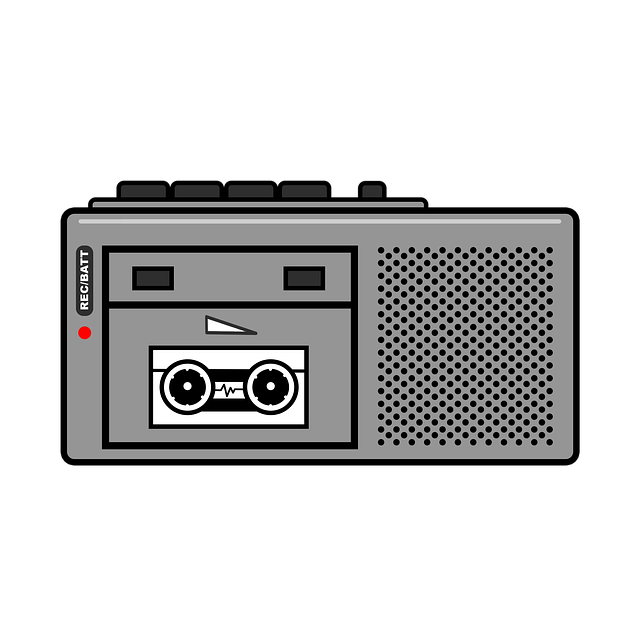
When trying to get a piece up to tempo, start practicing the piece at a slow tempo. Gradually increase the tempo with a metronome until you can play everything correctly up to tempo.

Private music lessons in Highlands Ranch, Lone Tree, Parker, Castle Pines, and Castle Rock, Colorado

When trying to get a piece up to tempo, start practicing the piece at a slow tempo. Gradually increase the tempo with a metronome until you can play everything correctly up to tempo.

It is good practice to memorize the technically difficult parts in your pieces. This ensures that you have practiced the difficult parts enough to master them as well as making sure you can focus only on your violin during the difficult section.

End your practice with something you love as a reward for your hard work: improvise a song, play a fun song, do a run through of the piece you were practicing.

Practice is for improvement, not for performance. There is always something to improve on every piece of music, etude or scale.

Making progress on an instrument through private lessons requires a commitment of time, money and practice. If you don’t have the time to attend lessons regularly or time to practice, you should wait to take private lessons until you do. Private lessons are a waste of time and money without the commitment.

Practice different days of the week and different times of the day, so you can find the practice time that works best with your schedule. You may be able to focus differently during different times of the day.

Good practice habits are built by finding what works for you. You need to practice regularly, but you can measure practice by the amount of time you devote to practice each day or by accomplishing certain goals each practice session.

You need plenty of repetitions when working on a difficult passage. Even if your brain gets it right away, your fingers and bow hand need more time to coordinate.

Separate the piece you are working on into practice sections, so you can tear sections apart, fix things, then put sections back together. Try starting with a different section each time you practice,so you aren’t always starting at the beginning of the piece.

Self evaluation is the most important skill for successful practice. Recording yourself and listening to yourself play will allow you to evaluate your playing while you are solely focused on listening.